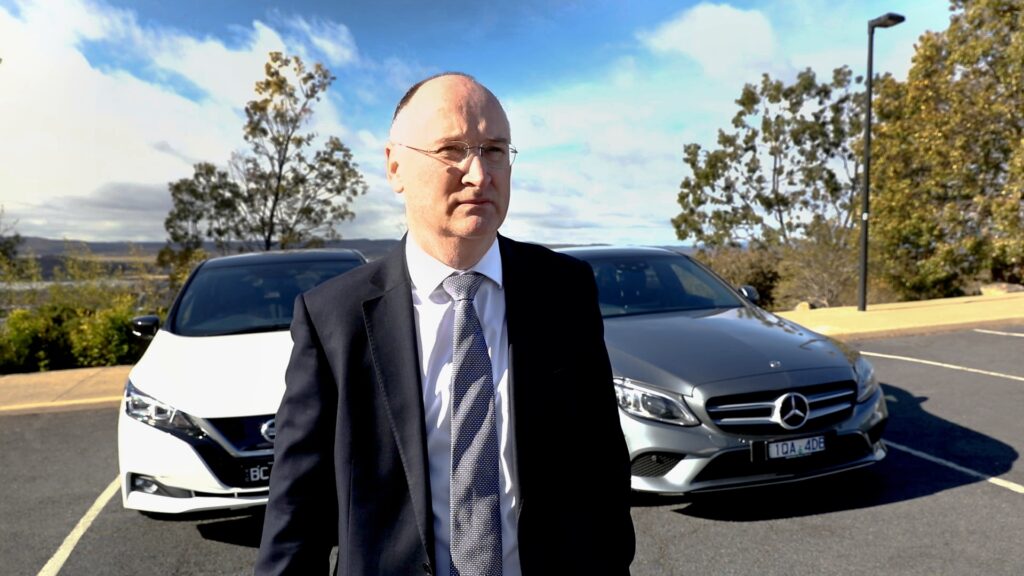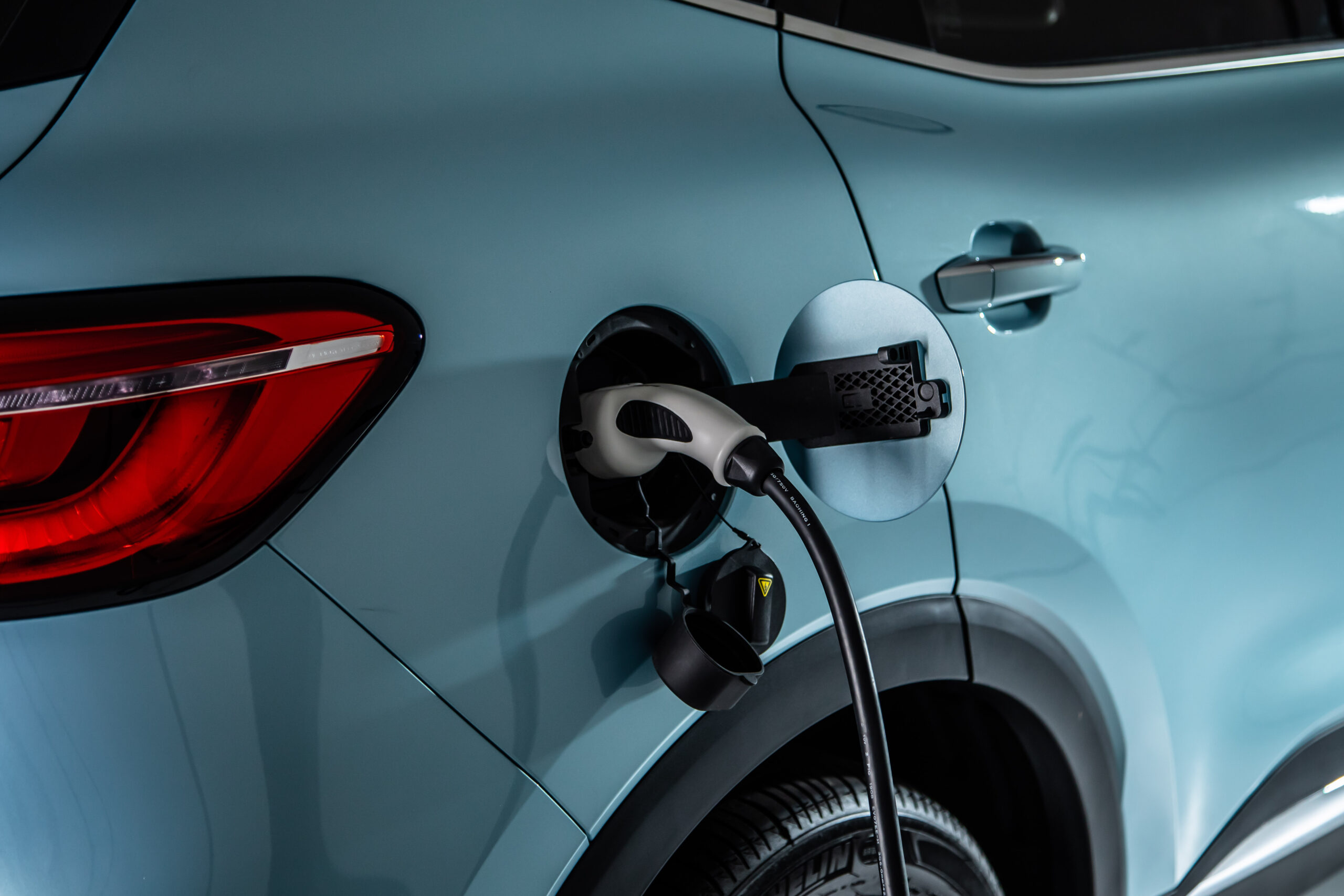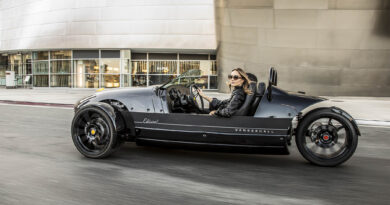Aussie car industry rejects 2035 ICE ban
The Australian car industry has rejected a push to effectively ban the sale of petrol and diesel vehicles by 2035.
Speaking through the Federal Chamber of Automotive Industries industry body that represents almost all new vehicle brands sold in Australia, the message was pretty straight forward: ‘leave the technology in our hands’.
The ICE ban was urged by the influential think tank the Grattan Institute in a wide-ranging report into how the transport sector could help drive the push to net-zero carbon emissions by 2050.
The report stated: “The transport sector is responsible for nearly 20 percent of Australia’s emissions, and more than 60 percent of transport emissions are from light vehicles (including the two most popular cars in Australia, the Toyota HiLux and Ford Ranger). So the best way to cut transport emissions is to supercharge the switch to electric cars.”
Reducing the emissions limit for light vehicles to zero would help achieve that, the institute argued.
But FCAI chief executive Tony Weber was having none of it.
“This approach does not recognise the significant differences in market preferences across Australia, which is unique among the global markets,” he said.
“Governments should pick targets, not technologies. Decisions around technology should be left to the experts – the vehicle makers.
“The aim should be to reduce CO2 rather than give preference to one technology over another.”

Weber pointed out the vehicle industry had been pro-active in cutting CO2 emissions. In the absence of a mandatory federal standard, the FCAI had developed its own emission standards and reporting system, which sets out industry and brand CO2 reduction targets.
READ MORE: EVs in the spotlights as industry sets strict emissions targets with voluntary code
OPINION: Wishful thinking… Why voluntary CO2 targets won’t work
It aims to reduce emissions by more than 50 percent by 2030.
The FCAI did align with the Grattan Institute on another recommendation from the report: cutting taxes on new vehicles.
The institute recommended canning stamp duty, import duty and luxury car tax on electric vehicles (vehicles are the only item in Australia to get a luxury tax) to make them cheaper and encourage brands to import a wider range of them.
“Many of the policy directions outlined in the report align with policies FCAI has maintained for years, including a reduction in car import charges and the scrapping of the luxury car tax,” Weber said.
“Tax reform would reduce the cost of electric vehicles in Australia.”




